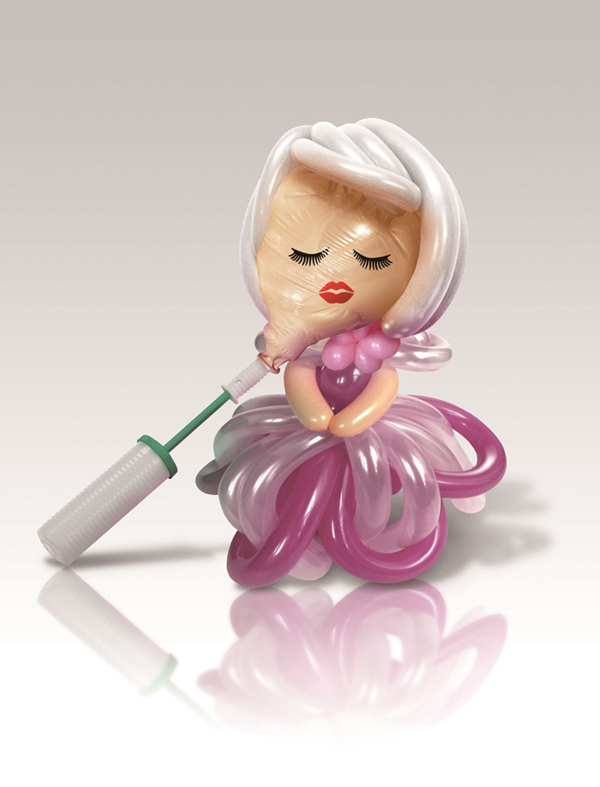Beauty is no longer the preserve of the young, but a timeless value that all human beings are entitled to pursue, regardless of age, gender or social status.
At least, this is the belief of a growing number of senior citizens, who zealously strive to improve their looks -- and who are not afraid to show it.
The economic situation has improved over the years, and more seniors are able to spend more on themselves, though some assert that beauty care is still a luxury for the few who can enjoy an affluent retirement.
 |
(Nam Kyung-don/The Korea Herald) |
The fundamental motive for these confident, beauty-craving seniors is that they face their present life not as a remnant of their younger days but as a starting point for the decades lying ahead of them.
This is slowly but surely leading to a change in perception that the phrase “old and beautiful” should replace “old but beautiful.”
It is these desire-driven seniors who are increasingly making their presence felt at cosmetics shops, esthetic houses, nail salons and plastic surgery clinics. They do not hesitate to make inquiries about new make-up products or surgical procedures. For them, “I’m too old for this” is no longer an excuse.
“The fact that these seniors are highly conscious of their looks and fashion shows that they are acting as independent consumers, no longer as passive parents dependent on their families,” said Kim Sook-eung, head professor for business administration for the Elderly Program at Sookmyung Women’s University’s Graduate School of Distance Learning.
“They care about how others think of them or evaluate their looks and actions, so their spending is not just about money but a way to form a relationship with society,” Kim said.
In terms of senior citizens, meaning those aged 65 or more, South Korea is without doubt an “aged society,” concerned over its increasing elderly population and rock-bottom birthrate.
Data by the Ministry of the Interior showed that seniors accounted for 13.5 percent of the nation’s population as of the end of last year.
Statistics Korea speculated that the figure would soon exceed 14 percent, the threshold for an “aged society,” the phase after an “aging society.”
The demographic projection also predicts that from 2025, elderly people will make up more than 20 percent of the population, making Korea a “superaged society.”
Despite these concerns, however, some point out that the very definition of “aged” should be renewed so as to embrace the prolonged life expectancy and the consequent way of life.
This is also where the concept of “active seniors” emerge, constituting an interlayer between the middle-aged and the conventional silver generation.
The term, established by American psychologist Bernice Neugarten, refers to the “young old” in their 60s, who are active and socially involved, instead of taking a backseat.
“These active seniors are differentiated from the conventional silver generation in that they wish to hold control over their own lives, instead of relying on help,” said Kim Kyung-chul, head of the Active Senior Institute at Korea University Institute for Continuing Education.
By Bae Hyun-jung (
tellme@heraldcorp.com)








